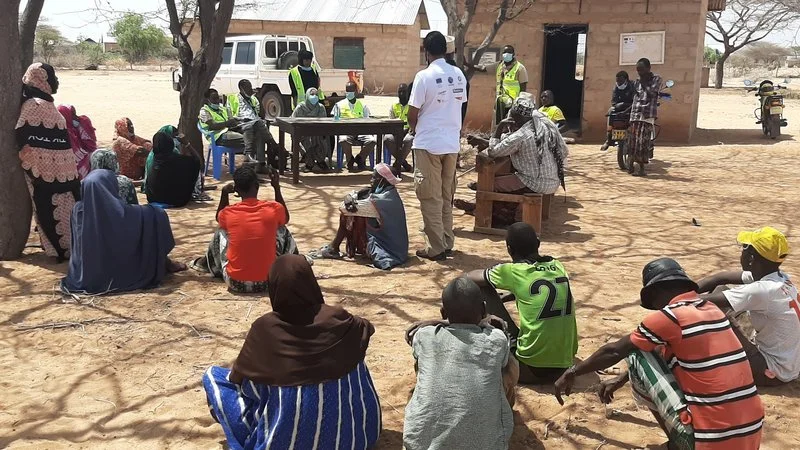This article captures the full range of notes and ideas to address localization challenges, generated by workshop participants during brainstorming and small group discussions. The views and conclusions contained in this article are primarily those of non-USAID participants and should not be interpreted as representing the views, positions, or official policies, either expressed or implied, of the U.S. Government.
CHALLENGES TO LOCALIZATION
This article captures the full range of notes and ideas about the challenges to localization, generated by workshop participants during brainstorming and small group discussions. The views and conclusions contained in this article are primarily those of non-USAID participants and should not be interpreted as representing the views, positions, or official policies, either expressed or implied, of the U.S.Government.
Partners In Localization |Designing For Change
Those who work in the development and humanitarian sphere know that local ownership of international assistance is the route to greater equity, effectiveness, and sustainability. USAID has embraced this understanding and redoubled our commitment to shift funding and decision-making power to the people, organizations, and institutions driving change in their communities. Similar commitments are shared by actors across the development and humanitarian ecosystem, from national and local to U.S.-based or international organizations.




